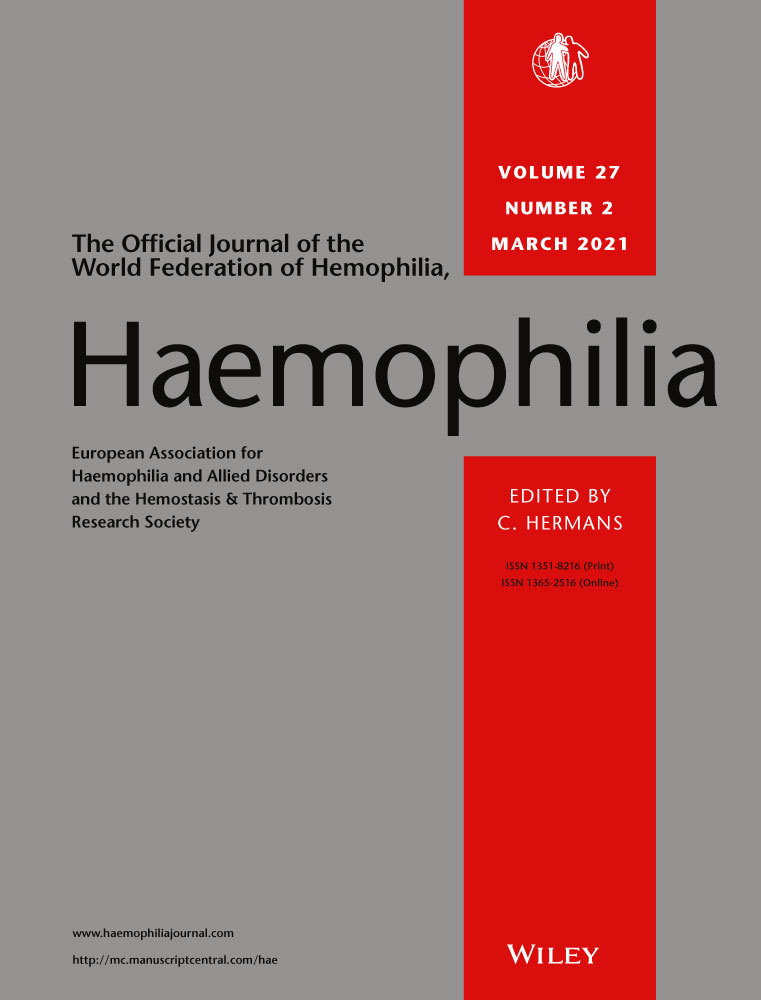How to implement medical and patient associations in low-income countries: A proposition from the African French Alliance for the Treatment of Haemophilia (AFATH)
AFATH members are explained in Appendix.
Abstract
Introduction
There is a lack of joint recommendations by healthcare professionals (HCP) and patient organizations when a partnership between high and low-income countries in the field of haemophilia is planned.
Aim
To draft recommendations to clarify the methodology when a partnership between low- and high-income countries is planned with the objective of a long-term implication. This methodology is to be implemented for fulfilling both medical and associative aims.
Methods
Based on the available literature, a first document was written, then diffused to AFATH (Alliance Franco-Africaine pour le Traitement de l’Hémophilie) members, and after a one-day meeting and further amendments, a second draft was approved by all members before submission for publication.
Results
Based on 6 years experience, several recommendations regarding the joint and separate roles of patient association and HCP for a first mission in French-speaking sub-Saharan African countries have been established. The proposed methodology for establishing preliminary contacts, the first visit and the key points for diagnostic action, medical follow-up, patient education and advocacy strategy outlines a model of partnership between patients and HCP.
Conclusion
This paper written jointly by patients and physicians underlines the importance of reciprocal expert guidance and a partnership based on complementary inputs.
CONFLICT OF INTEREST
The authors declare no conflict of interest in relation to this manuscript.




